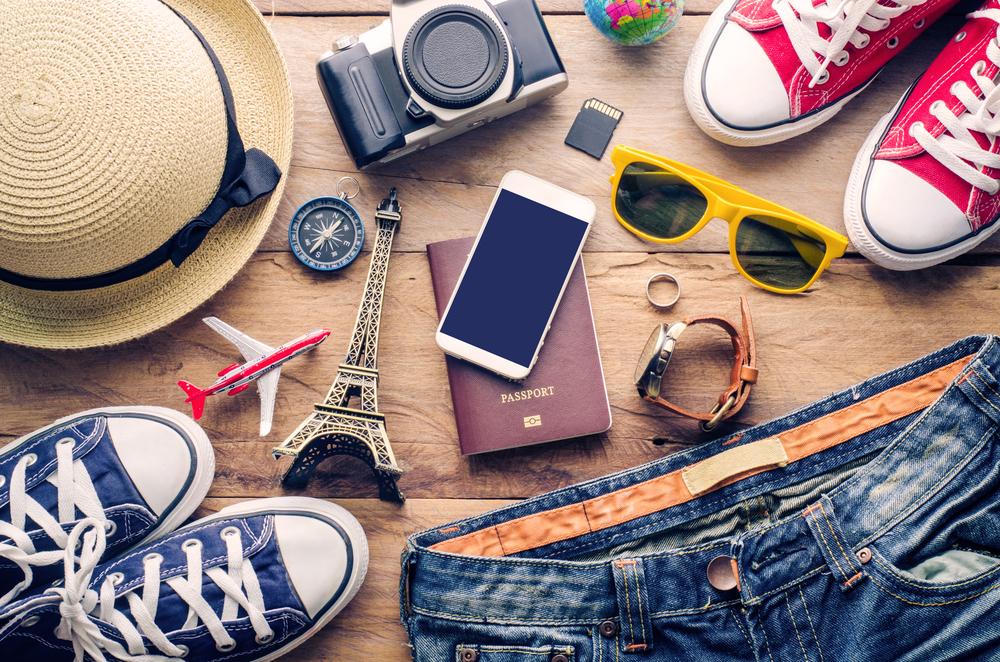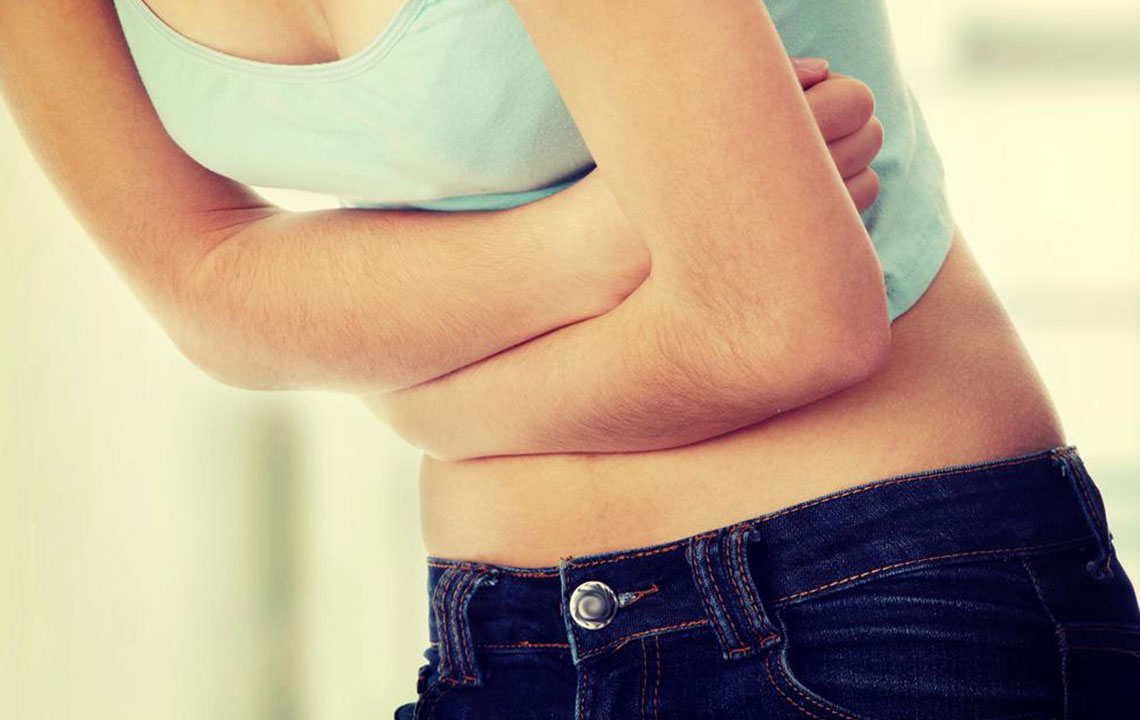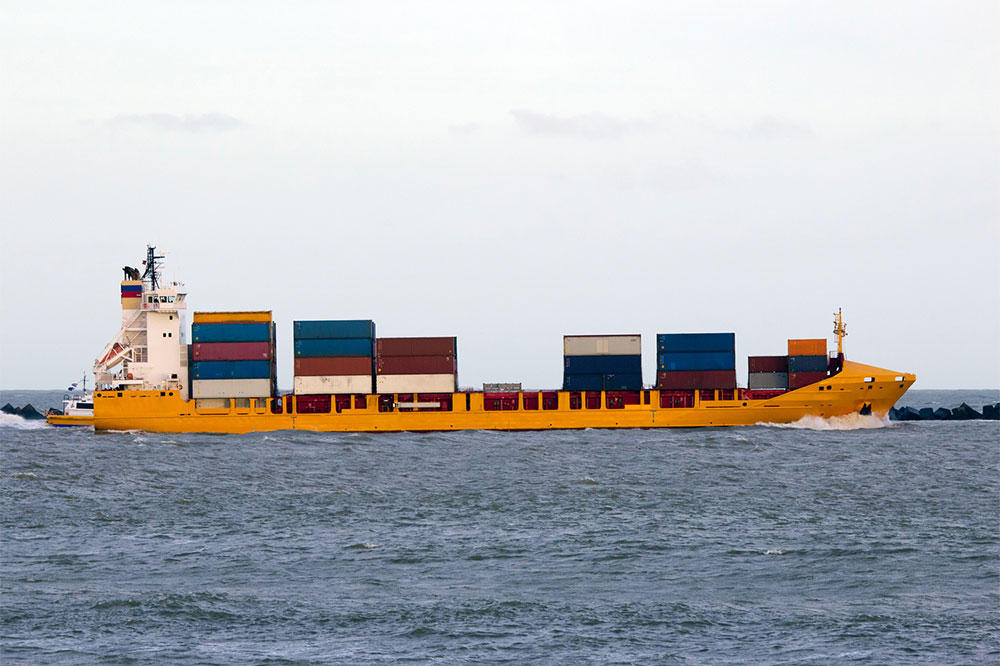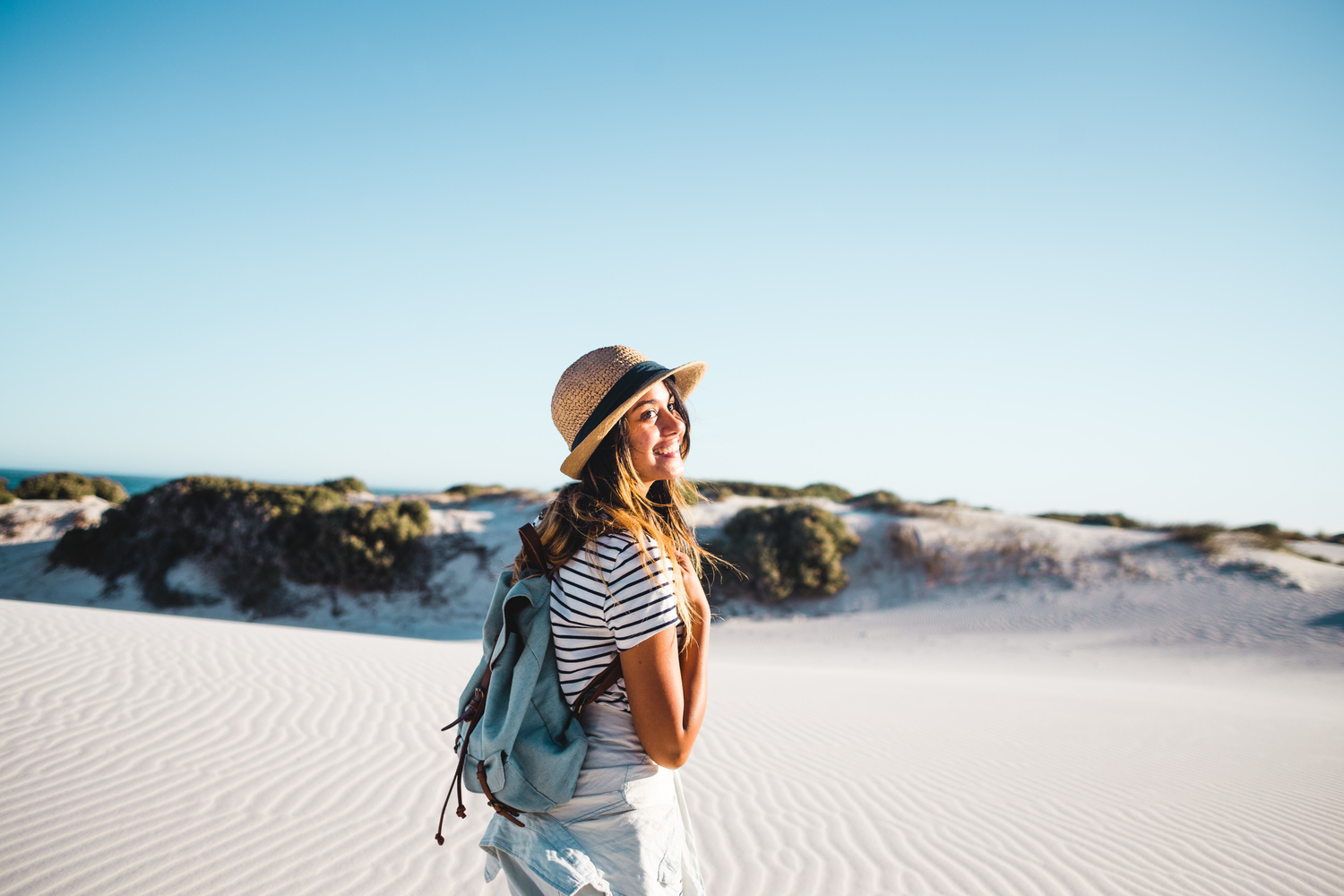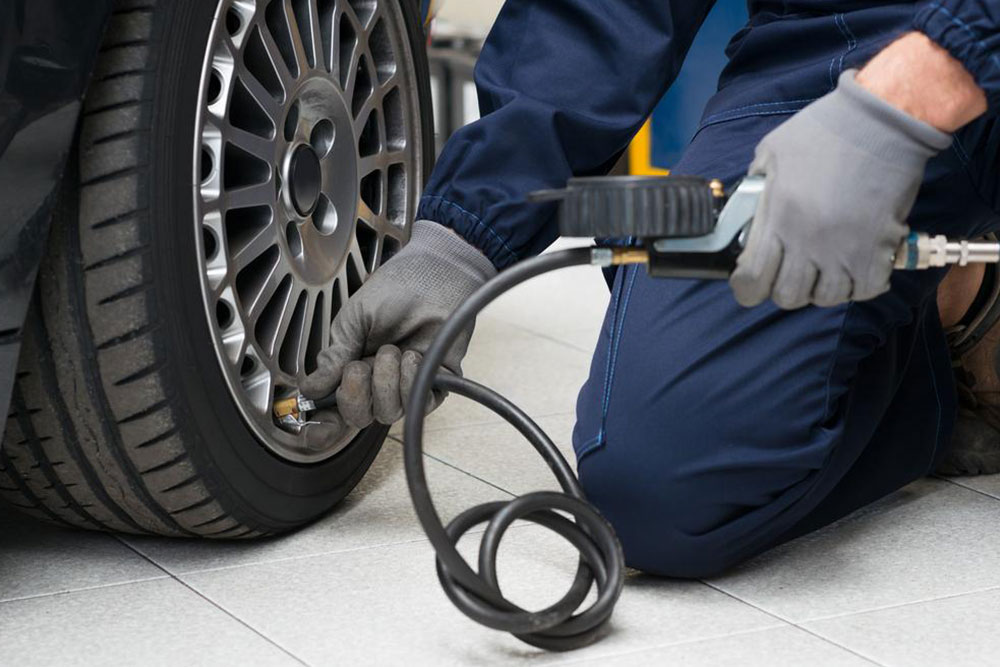Water Safety and Travel
Water safety is a major concern not just for business travellers, but also for those planning a vacation overseas. The importance of clean and safe drinking water and the risks associated with being affected by water-borne diseases increase if you are in a foreign land and are not paying enough attention to the water you consume every day.
If you are a business traveller, this comes as no surprise that the water available across regions is not pretty safe to consume, despite being purified with filtration techniques.
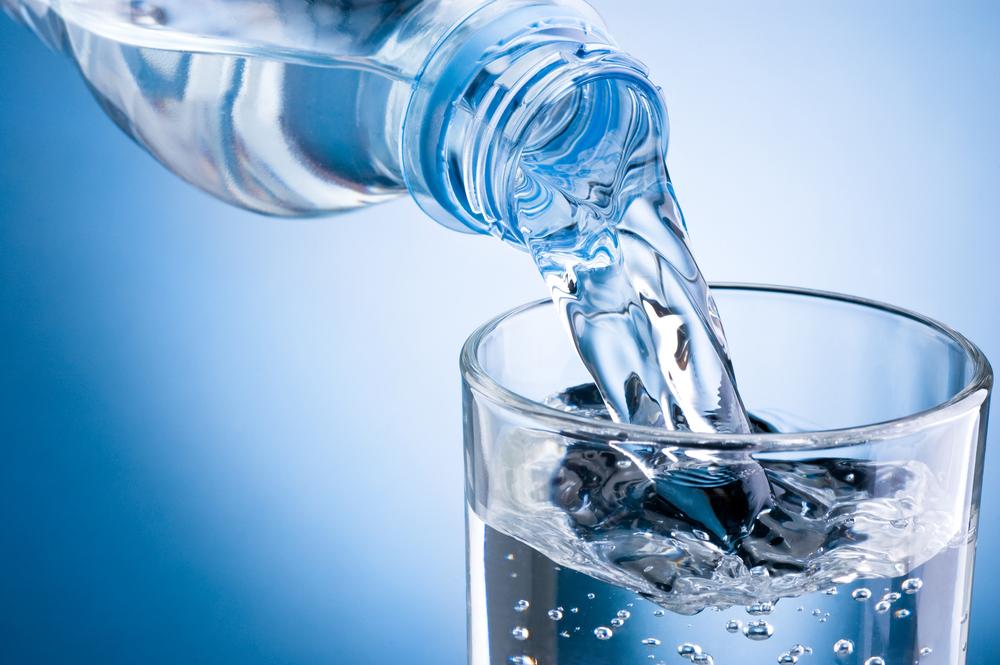
Prevention is always better than cure, so, to avoid being sick during your travels, do not think twice about spending some money on buying yourself a bottle of water. Do check for the packaging date and the seal of a bottle before you fetch one.
We tend to take water for granted when we travel. This is not a good idea since travellers are at higher risk of diseases transmitted via consumption of unsafe water, such as cholera, hepatitis A, and typhoid. This risk is much higher In less developed countries with water shortage or with unhygienic living conditions.
It further helps to know the continents wherein water is considered safe or unsafe for drinking, especially for business travellers. Also, foreigners and expats should be extremely careful with drinking water, since water tolerable by locals may not necessarily suit international travellers. Sometimes, purity and safe water is not just about what you drink – it’s also about the places you go for a swim or the water you use to brush your teeth and shower.
Water-safety precautions to take during international travel:
- Check for natural bodies in the water in areas that you plan to go for a swim.
- Note that not just drinking water, but the water you use to rinse your mouth or brush your teeth, or even the water in the ice you consume could be contaminated.
- Keep your mouth closed in the shower and use a cleansing agent that protects you from germs and skin infections caused by the use of unsafe water for bathing purposes.
- Do your research well on countries and continents known for unsafe water. Your hotel concierge should let you know if the water is unsafe to drink or rinse your mouth with. Also, do not accept ice in drinks that you order abroad since you do not know the quality of water used to make the ice. Also, remember if your beer is served chilled, then the outside of the can could be contaminated too.
- If you think the water doesn’t suit you, then do not eat the salad either. Only eat boiled and well-cooked food during international travel.
- Only drink tea and coffee that is made from safe drinking purified water and not from those used directly from the tap.
- Beware of fruit juices made locally, since this could also be a source of unsafe water entering your system.
- To cover medical costs arising from unwarranted sickness, medical and travel insurance is a must if you are considering international travel
No one wants to fall sick during travel, be it on vacation or a business trip. Always ensure the quality of water, since it’s the primary source of many diseases.
According to a report, countries with the best tap water are Sweden, United Kingdom, New Zealand, Germany, Italy, France, Austria, Luxembourg, Switzerland and Norway. Those countries in need for clean water and wherein water safety is questionable to consume directly from the tap are India, Bangladesh, Rwanda, Ghana, Haiti, Laos, Ethiopia, Cambodia and Afghanistan.
Stay healthy and travel responsibly with bottled water
Bottled water is available almost everywhere, and hotels do provide them complimentary. If you plan to go abroad to one of the not-so-safe tap-water destinations listed above, then perhaps you can consult your medical practitioner before you travel. You may get some vaccines to avoid major water-contamination-related diseases and also may get some medication that can help you deal with symptoms of diarrhoea or dysentery if the need arises.
Do not attempt to purify water by adding alcohol or lemon to the water, use iodine tablets to chemically disinfect the water you use for gargling and brushing your teeth. Some parasites cannot be killed by iodine either, so methods of filtration can be used to improve water safety.
Worldwide ranking of Safe Water for International Travelers (SWIT), also known as the SWIT rating, classifies continents based on drinking water safety. This rating is produced using indicators from the World Health Organisation (WHO), World Bank, Unicef and the UNDP (United Nations Development Program.
The SWIT rating is an important source for business and leisure travellers planning international halts, to ensure they have access to safe drinking water at all times. It also helps take necessary precautionary measures in countries that pose a high risk of waterborne diseases.
Since life is priceless, and sickness is a pricey proposition in a foreign land, you should always choose bottled drinking water. Do not risk your health and ruin your vacation or business plans by paying less attention to the water you consume. intake. Stay hydrated, safe and healthy!
